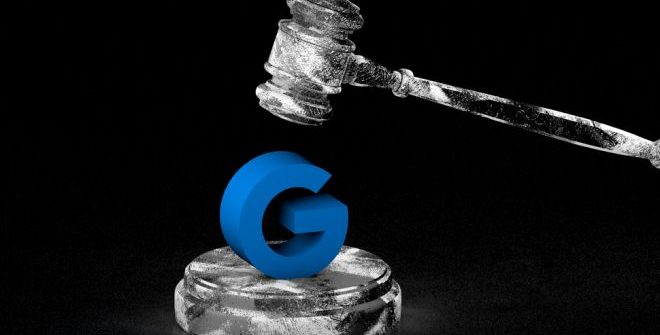TECH NEWS – The search engine and the advertisement products use anticompetitive practices.
„The United States of America, acting under the direction of the Attorney General of the United States, and the States of Arkansas, Florida, Georgia, Indiana, Kentucky, Louisiana, Mississippi, Missouri, Montana, South Carolina, and Texas, acting through their respective Attorneys General, brings this action under Section 2 of the Sherman Act, 15 U.S.C. § 2, to restrain Google LLC (Google) from unlawfully maintaining monopolies in the markets for general search services, search advertising, and general search text advertising in the United States through anticompetitive and exclusionary practices, and to remedy the effects of this conduct,” the lawsuit says.
It details how Google is the default search engine on various devices and browsers, not to mention how its scale, exclusive deals and control over the distribution channels of the search engines support its anti-competitive practices, preventing rivals from succeeding. It also goes into further detail how Google essentially took over what Microsoft was previously doing, albeit in a smarter way and different wording to not notice what they are doing: „Back then, Google claimed Microsoft’s practices were anticompetitive, and yet, now, Google deploys the same playbook to sustain its monopolies. But Google did learn one thing from Microsoft—to choose its words carefully to avoid antitrust scrutiny. Referring to a notorious line from the Microsoft case, Google’s Chief Economist wrote: “We should be careful about what we say in both public and private. ‘Cutting off the air supply’ and similar phrases should be avoided.” Moreover, as has been publicly reported, Google’s employees received specific instructions on what language to use (and not use) in emails because “Words matter. Especially in antitrust law.” In particular, Google employees were instructed to avoid using terms such as “bundle,” “tie,” “crush,” “kill,” “hurt,” or “block” competition, and to avoid observing that Google has “market power” in any market,” the lawsuit added. It is a quite hefty one: if you have time, you can find the 64-page document here.
Google didn’t waste time to respond on its blog, effectively calling it a flawed and a dubious lawsuit, not helping customers, and increasing phone prices if it succeeds. „Yes, like countless other businesses, we pay to promote our services, just like a cereal brand might pay a supermarket to stock its products at the end of a row or on a shelf at eye level. For digital services, when you first buy a device, it has a kind of home screen “eye-level shelf.” On mobile, that shelf is controlled by Apple, as well as companies like AT&T, Verizon, Samsung and LG. On desktop computers, that shelf space is overwhelmingly controlled by Microsoft. So, we negotiate agreements with many of those companies for eye-level shelf space. But let’s be clear—our competitors are readily available too if you want to use them.
Our agreements with Apple and other device makers and carriers are no different from the agreements that many other companies have traditionally used to distribute software. Other search engines, including Microsoft’s Bing, compete with us for these agreements. And our agreements have passed repeated antitrust reviews,” Google wrote.
They also explained how easy it is on Apple, Android or Windows devices to change the default search engine. „We understand that our success comes scrutiny, but we stand by our position. American antitrust law is designed to promote innovation and help consumers, not tilt the playing field in favour of particular competitors or make it harder for people to get the services they want. We’re confident that a court will conclude that this suit doesn’t square with either the facts or the law,” Google added.
Keep in mind that Google (or its parent company, Alphabet) is based in the United States, so if the US government wins, there might be problems for them. And they might have a point: we do tend to see a lot of Google advertisements on many webpages…
Source: WCCFTech
Please support our page theGeek.games on Patreon, so we can continue to write you the latest gaming, movie and tech news and reviews as an independent magazine.
Become a Patron!















